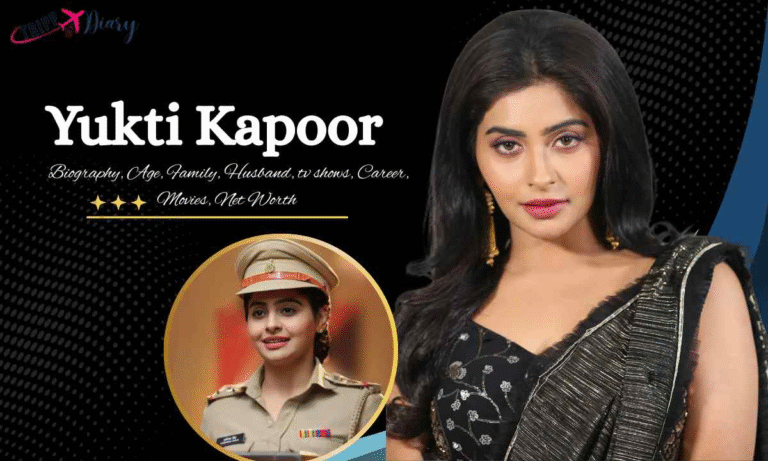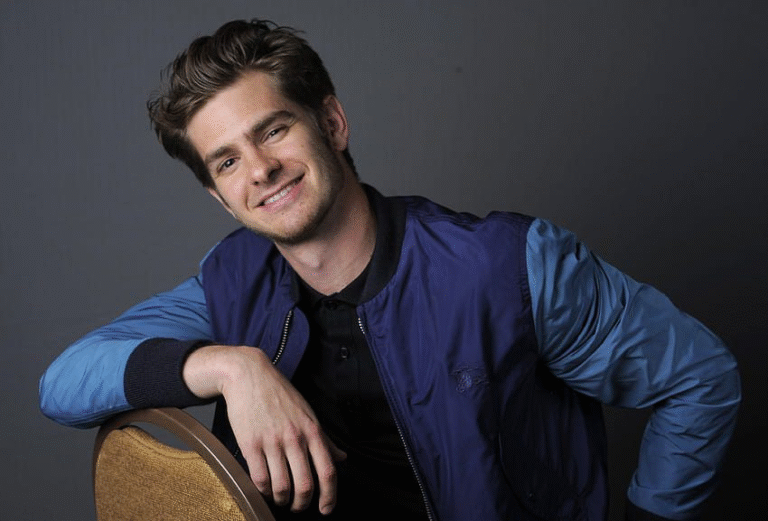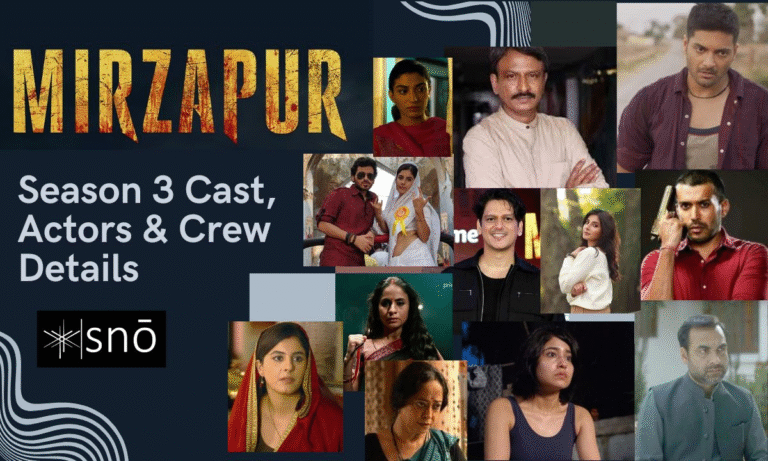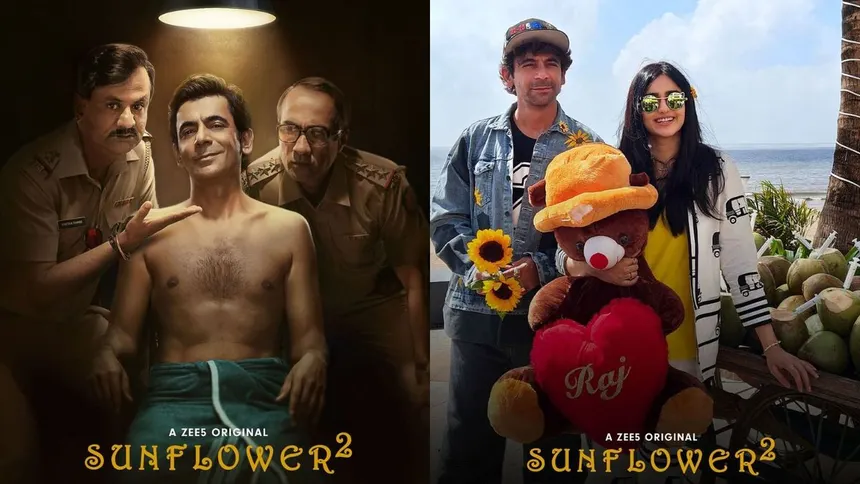
What Sunflower has is that mundane logic mixed with unexpected chaos, which directly draws you into the drama- a typical Mumbai housing society where people know each other and yet have many secrets shut within themselves. One fatal blow on a house and the whole thing comes down, pulling down with it the artificiality created by a normal day as a murder topples the entire society and brings the hidden sides of everyone out.
Sonu Singh, played by Sunil Grover, is par excellence at the core of the tale. Sonu is this awkward, somewhat unlucky guy who finds himself in the middle of trouble without really meaning to. You can’t help relating to him with all his flaws and quirks. When he finally gets embroiled in the murder investigation-concerned with his accidental involvement, and the show expands out to other residents, peeling back layers from their personalities and secrets. Thus, suddenly, this quiet society bursts with intrigue, jealousy, and unexpected twists.
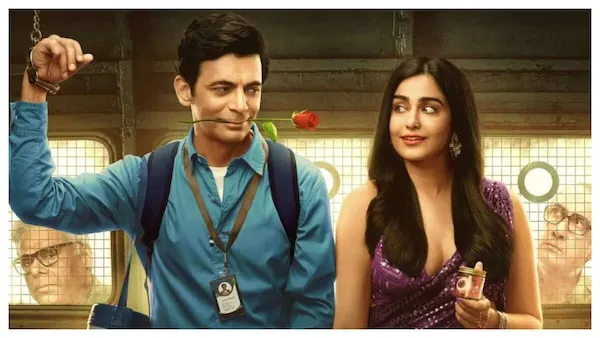
Inspector Digendra and Sub-Inspector Tambe, characters from Ranvir Shorey and Girish Kulkarni, form the police couple, which has an earthy, often funny presence. Their sarcasm and approach to the case are hilarious as other dark incidents unfold. Not only do they chase clues around, but they also reveal the peculiar world of this housing society, which seems to be a character in itself.
Other, more complex characters like Mr. Ahuja, who is played by Mukul Chadda, and Ashish Vidyarthi’s Dilip Iyer are there as their back-storied associations with one another enrich the mystery. Late, Season 2 welcomes Adah Sharma as Rosie Mehta into the plot and rocks the boat with energies and fresh lines.
The first season was released in mid-2021 on ZEE5 and quietly grew into an audience because it had a different tone from most murder the suspense fused with ‘real’, imperfect people, and a lot of dry humor. When Season 2 arrived in early 2024, it didn’t only continue the storyline; it also broadened the universe and added dimension back into the plot-the stakes were now higher.
The effect is that suddenly Sunflower becomes familiar and strange. It was about neighbors within a community and, underneath that facade, some little dramas. The murder serves as the catalyst for this course, but, ultimately, it is about people—often flawed, funny, and sometimes frightening people—who inhibited that space. It’s a show where you get drawn not just to the mystery, but to the lives implicated in it. It lingers after the credits roll.
